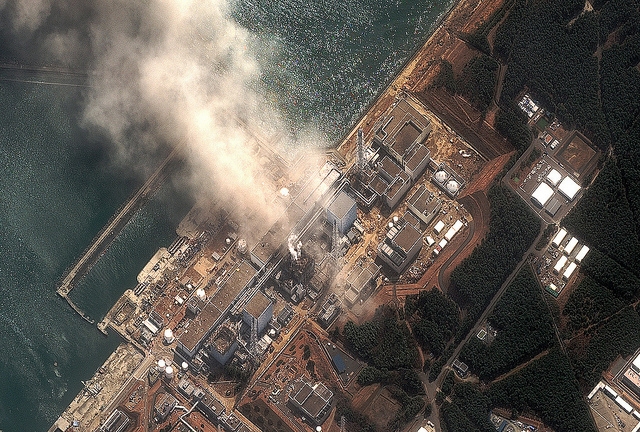

The Fukushima Nuclear Accident Independent Investigation Commission, an independent (well, duh) committee set up by the Japanese parliament to look into last year’s nuclear disaster, just released its official report–and it’s pretty damning. In the introduction, the chairman of the commission says the nuclear accident “could and should have been foreseen and prevented.”
You can read the entire report here, in excellent and eloquent English, but the gist is this: the commission finds that the nuclear accident was preventable, and is directly attributable to “serious deficiencies” in the government, regulators, and TEPCO (the utilities company responsible for the Fukushima plant).
It’s a specific and detailed look at all the ways those in charge let down their guard, accusing TEPCO and the government of colluding–the influential company managing to endure only the most cursory of regulations and the government allowing itself to be bullied. But the report is also kind of a fascinating cultural study from a commission looking inward at how the nature of modern Japan may have contributed to the disaster.
What must be admitted–very painfully–is that this was a disaster “Made in Japan.” Its fundamental causes are to be found in the ingrained conventions of Japanese culture: our reflexive obedience; our reluctance to question authority; our devotion to ‘sticking with the program’; our groupism; and our insularity. Had other Japanese been in the shoes of those who bear responsibility for this accident, the result may well have been the same.
The whole thing is worth reading. More coverage:
- Are Nuclear Disasters the New Normal?
- Trying to fix the accident by burying the plant, sealing it up with shellac, mysterious blue goo, the elderly, and wild monkeys
- Can Next-Generation Reactors Power a Safe Nuclear Future?
- How Nuclear Reactors Work, And How They Fail
